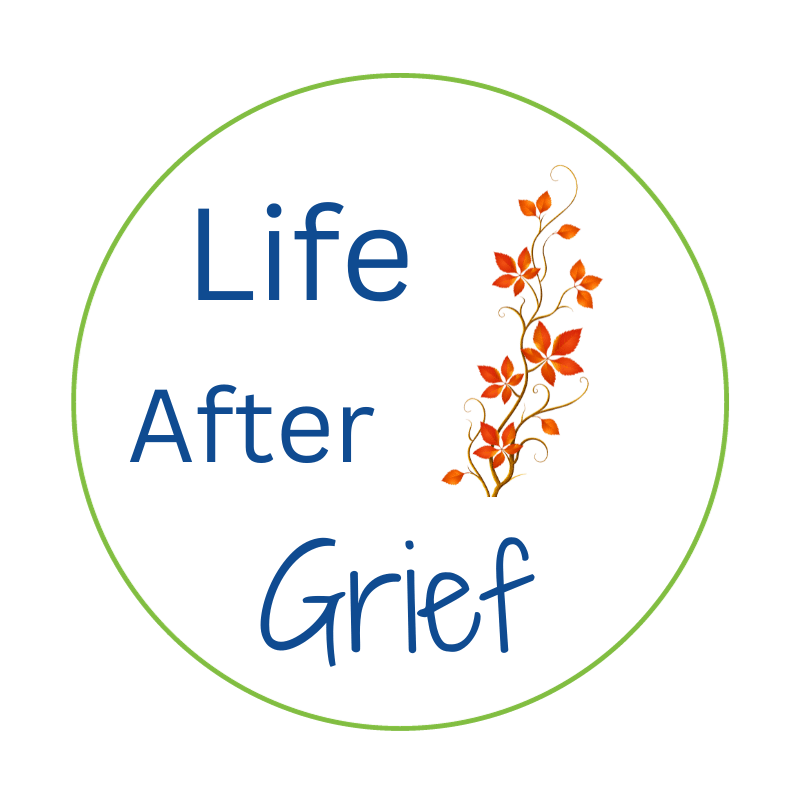
Hello,
According to psychiatry.org, prolonged grief disorder is listed as a mental health disorder in the Diagnostic and Statistical Manual of Mental Disorders 5 (DSM) 2022. Symptoms include:
experiencing loss of identity
expressing denial of loss
going through avoidance of reality
suffering deep emotional pain
having trouble interacting, enjoying activities & planning for the future
feeling numb
struggling to find purpose
suffering extreme loneliness
The person must have lost their loved one over a year ago for adults, or over six months ago for children and adolescents. In addition, they must suffer 3 or more of these symptoms daily for at least a month before diagnosis.
In my experience, these are all true but last much longer than six months or a year for most bereaved people.
On the pro side, if a person with prolonged grief disorder needs medical support, the fact that it’s now in the DSM with clear criteria makes it easier to get that help.
On the con side, mental health conditions are badly misunderstood and even demonized. It’s common for people with mental health conditions to feel shame and conceal what they are experiencing. In that case, they do not ask for help.
For example, my husband was diagnosed as manic-depressive six weeks before we were married. He and his mother implored me to keep the secret from everybody. This cut us off from our family and friends who would gladly have supported us emotionally for two years until I broke the silence.
Why Labels Promote Dangerous Assumptions
Grief is complicated. While there are common elements, everybody’s grief experience is different.
When we hear certain phrases from a doctor like pancreatic cancer, manic depression, rapid onset dementia, prolonged grief disorder, loneliness epidemic, or long COVID, our hearts sink. We anticipate the probability of a bad outcome and it’s easier to stop asking questions.
Instead, we need to ask ourselves better questions about our grief like:
What is happening with work, finances, health, and relationships?
How long has it been since you lost your loved one?
Do you think you need extra help or is somebody else saying so?
Are you worried that you are ‘too much’ or that the grieving has gone on for too long?
Are you concerned that, if you seek medical help, people might think you are going crazy?
The experience of grieving is disorienting and can go on for much longer than a year. Although the extreme emotions, difficulty focusing, and unreliable energy improve over time, how long it takes varies from person to person. It is more challenging than usual to get centered, make decisions, interact with others take effective action, and plan for the future.
What Will They Say If…
Making, fearing, and accepting assumptions are all toxic.
If you are grieving, remember that you know yourself best. Don’t let self-doubt or disorientation from loss of identity or purpose sway your certainty. If you have doubts, take your time.
The Cost of Making Assumptions About Yourself
Deciding, when I was afraid to open the mail because it had been months of medical bills before my husband died, meant I was irresponsible. The problem is that it’s all too easy to assign the label ‘irresponsible’ to all the other areas of life too.
The Cost of Fearing the Assumptions People Might Make About You
This one is exhausting. It looks like going to a holiday party after losing a loved one with so many overwhelming feelings that it’s hard to be with people, yet pretending everything is OK so they won’t think you’re broken. ‘Broken’ implies that you need to be fixed and makes people behave differently around you.
The Cost of Accepting the Assumptions Others Make About You
Often, people will decide that your grieving has gone on for too long and will give unsolicited advice like, “You should be dating now,” or “You need to seek professional help,” or “It’s time to get back to work, seeing friends or having fun”. Forcing yourself to do anything you are not ready for, based on someone else’s assumption of where you ‘should be’ in your grieving process is dangerous. Trust yourself first.
Different areas of life may be easier or less emotionally charged than others, which means moving forward can go faster. Others take more time. For me, opening up to love again was the most difficult.
When I work with clients, we dig into exactly what is happening, without assigning a label or making assumptions. Clarity is a superpower but it requires staying curious. Having support in staying open allows us to get to the root of the real problem.
Thank you for being a subscriber. Please share and invite others to join.
Next Steps
This newsletter issue, How Labels Promote Dangerous Assumptions offers specific ways to support you. If you are worried that you have been grieving for too long, let’s chat.
Schedule a complimentary 20-minute zoom call to talk. Click the link below: https://thebadwidow.com/ConnectWithAlison.

